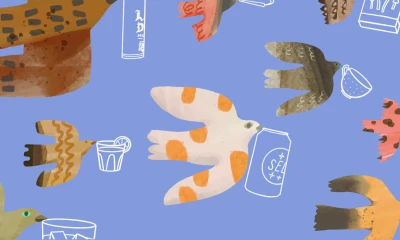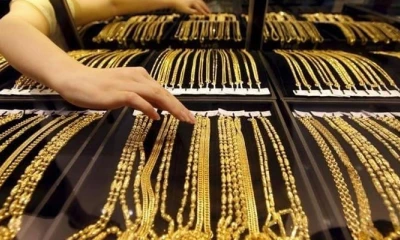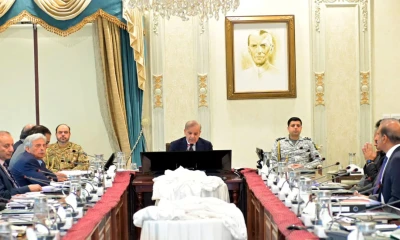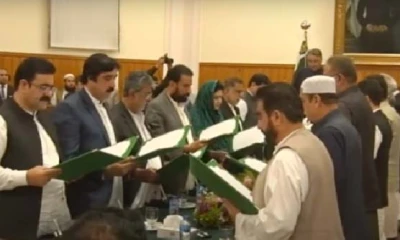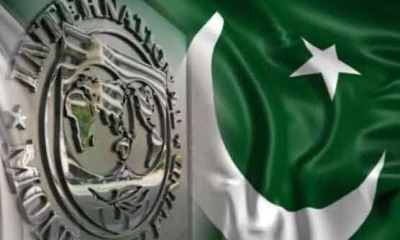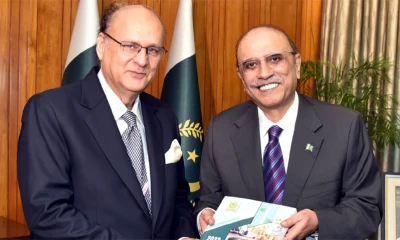-


Important News Regarding Saudi Foreign Minister To Visit Pakistan | Breaking News | GNN
-


عدالت سے بڑی خبر آ گئی!! #gnn #imrankhan #bushrabibi #court #news #breaking #latest #video
-


عمران خان منظرِ عام پر؟ #gnn #imrankhan #relief #jinnahhouseattack #news #breaking #latest #video
-


تحریک انصاف کا بڑا ایکشن #gnn #imrankhan #pti #election #news #breaking #latest #video
Pakistan
President lauds Banking Mohtasib for providing relief of Rs1.26b to customers
The President has appreciated Mohtasib's role and emphasized keeping pace with technological advancements to expeditiously dispose of complaints.
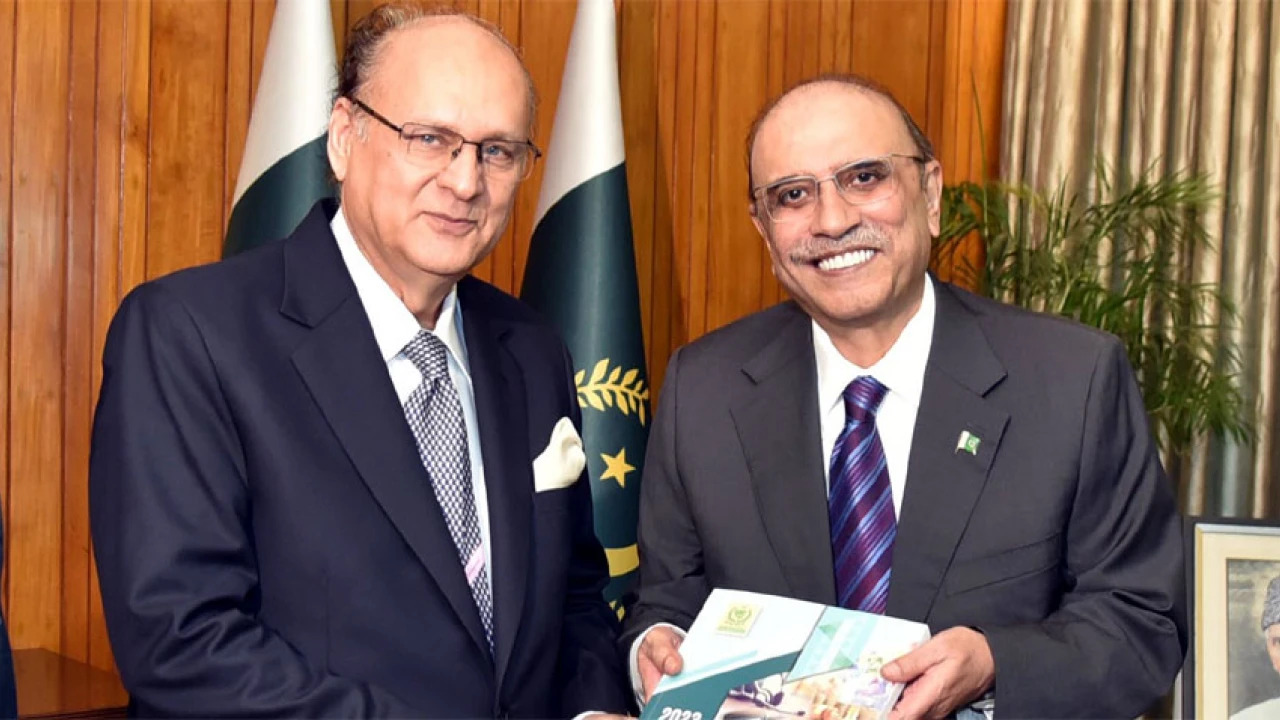
Islamabad: President Asif Ali Zardari on Friday lauded the Banking Mohtasib for providing relief of 1.26 billion rupees to banking customers last year.
He was talking to Banking Mohtasib Pakistan Sirajuddin Aziz, who called on him in Islamabad today and presented the Annual Mohtasib Report.
The President appreciated Mohtasib's role and emphasized keeping pace with technological advancements to expeditiously dispose of complaints.
He underscored the need to raise awareness about the role and services of the Banking Mohtasib so that maximum number of people can benefit from its services.
Briefing the President, Sirajuddin Aziz highlighted the role of Banking Mohtasib for the expeditious redressal of grievances of customers deprived of their hard-earned money and life-savings by fraudsters.
He said the Ombudsman processed over 25,000 complaints last year.
He said the Ombudsman has introduced a user-friendly online portal, making it easier for complainants to register their grievances.
Pakistan
PM directs LEAs to expedite countrywide anti-smuggling campaign
Prime Minister Shehbaz Sharif says monitoring of Afghan transit trade items should be made effective to prevent their smuggling.
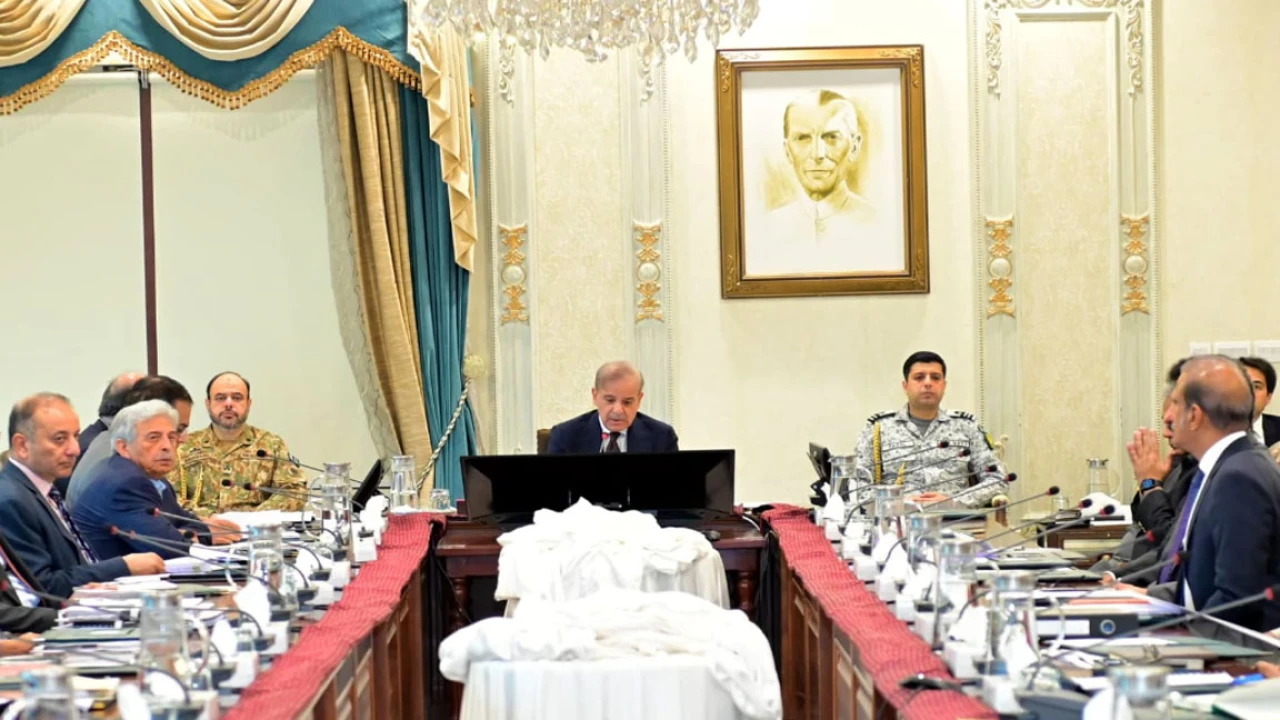
Islamabad: Prime Minister Muhammad Shehbaz Sharif on Friday directed the law enforcement agencies to expedite the countrywide anti-smuggling campaign.
He was chairing a high-level review meeting in Islamabad today regarding prevention of smuggling in the country.
The Prime Minister said monitoring of Afghan transit trade items should be made effective to prevent their smuggling.
He directed the customs authorities to conduct a third-party audit of the system that monitors Afghan transit trade.
Appreciating the performance of law enforcement and intelligence agencies, he directed them to cooperate with each other to prevent smuggling and ensure strict action against those involved in drug dealing.
He also directed the Ministry of Law and Justice to immediately enact necessary rules in this regard.
The Prime Minister said youth should be provided with employment opportunities and favorable environment for business to avoid border area smuggling.
The Prime Minister issued instructions to immediately release funds for a survey to check the use of drugs at national level.
He also issued instructions to completely stop the smuggling of sugar.
The Prime Minister paid tribute to Army Chief General Syed Asim Muir for his all out cooperation with the government to end smuggling.
During the meeting, committee on illegal use of Afghan transit trade and identification of elements involved in smuggling and their facilitators presented its report.
The Prime Minister was briefed that a list of smugglers, hoarders and their facilitators has been prepared and provided to the law enforcement agencies and relevant provinces.
He was informed in detail about misuse of Afghan transit trade, food items including sugar, wheat, fertilizers, petroleum products and illegal weapons.
The meeting was informed that National Anti-Trafficking Strategy is in the final phase and after consultation with all stakeholders, it will be presented for approval.
Business
Health activists ring alarm bells over 10-stick cigarette pack
The activists’ concerns align with broader recommendations from the International Monetary Fund (IMF), which has advised Pakistan to overhaul its tax system.
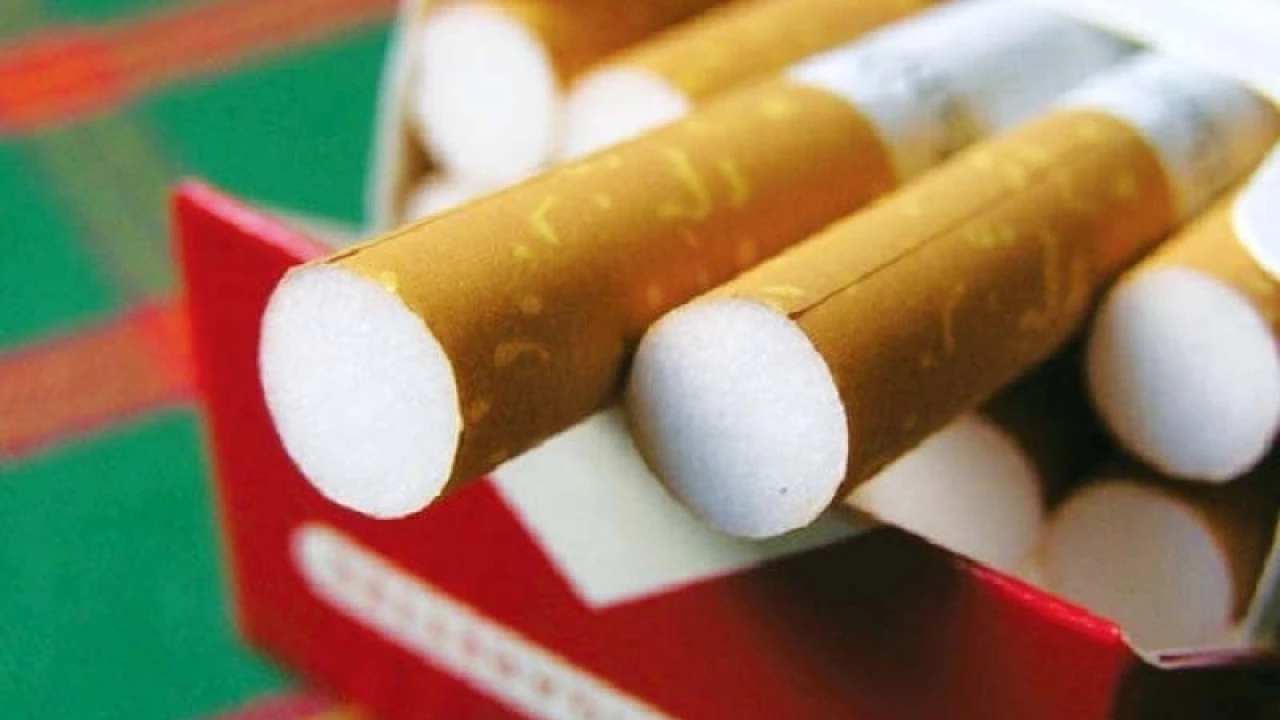
Islamabad: Health activists have raised concerns about tobacco companies’ move to introduce 10-stick cigarette packs, fearing a rise in consumption especially among vulnerable groups like youth and low-income individuals.
Malik Imran Ahmed, Country Head of Campaign for Tobacco Free Kids (CTFK), emphasizing that such packs would inevitably find their way back into the local market, directly undermining efforts to discourage smoking among young people and other at-risk demographics.
He said that the TI had made similar attempts in the past but Ministry of Health did not issue the NOC. The application for 10-stick packs by the tobacco industry is deeply troubling.
He cited past attempts by tobacco companies of circumventing regulations and said that these companies would once again violate the rules.
Ahmed said that excise rules do not allow manufacturers or importer of cigarettes can introduce or sell a new variant of a cigarette brand at a price lower than the lowest actual price within the same brand family.
Despite this regulation, the Pakistan Tobacco Company (PTC) has launched a new brand, Capstan International, priced at Rs 164, substantially lower than its existing family brand, Capstan by Pall Mall, which is priced at Rs 212.
Similarly, the ban on sale of single sticks, a measure crucial in deterring vulnerable populations, is being flouted, he said.
Dr. Khalil Ahmad Dogar, Program Manager at the Society for the Protection of the Rights of the Child (SPARC), pointed out the potential damage to public health initiatives if these 10-stick packs are permitted.
Dogar warned that such a move would roll back progress in reducing tobacco use and awareness of its harmful effects.
The activists’ concerns align with broader recommendations from the International Monetary Fund (IMF), which has advised Pakistan to overhaul its tax system by increasing taxes on non-essential items like cigarettes.
In addition to advocating for increased taxes on traditional cigarettes, the IMF has also urged the government to impose uniform excise rates on both local and foreign cigarette manufacturers, ensuring a level playing field and discouraging practices that could lead to increased tobacco use.
-

 Sports 1 day ago
Sports 1 day agoPakistan launches ICC T20 World Cup preparations on Thursday
-
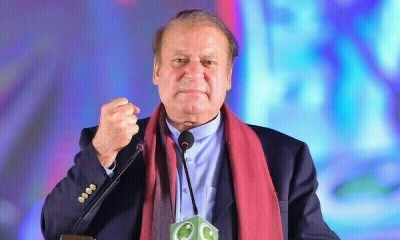
 Pakistan 2 days ago
Pakistan 2 days agoNawaz Sharif gets clean chit in Tosha Khana vehicles reference
-
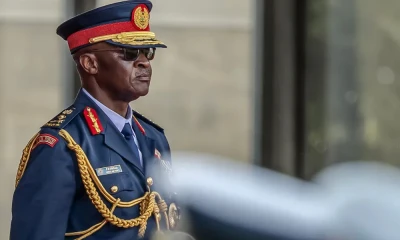
 World 11 hours ago
World 11 hours ago10 including army chief killed in Kenyan helicopter crash
-
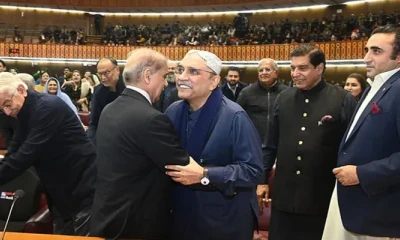
 Pakistan 2 days ago
Pakistan 2 days agoPresident Zardari to address in joint session of Parliament
-
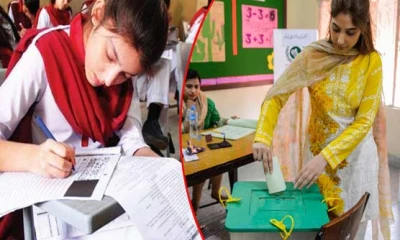
 Pakistan 2 days ago
Pakistan 2 days agoBy-elections: Two exams of intermediate postponed
-
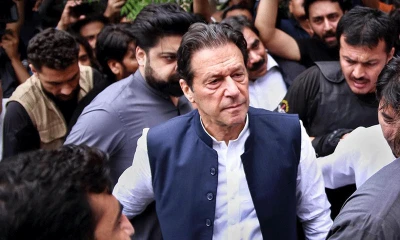
 Pakistan 9 hours ago
Pakistan 9 hours agoImran Khan’s interim bail extended in three cases
-

 Pakistan 6 hours ago
Pakistan 6 hours agoCourt approves plea of Bushra Bibi, Imran Khan medical checkup
-

 Technology 2 days ago
Technology 2 days agoAdobe Premiere Pro is getting generative AI video tools — and hopefully OpenAI’s Sora

